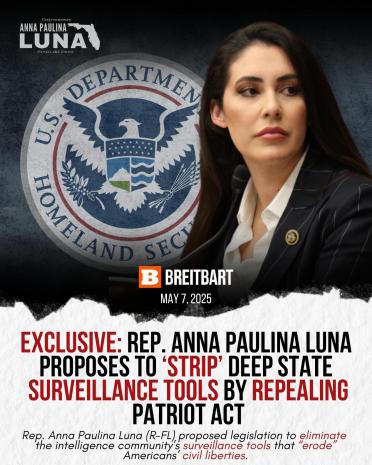
Breaking News
 The Hidden Secrets of Natural Milk
The Hidden Secrets of Natural Milk
 Diddy Trial Drama: Star Witness Vanishes Ahead Of Explosive Testimony
Diddy Trial Drama: Star Witness Vanishes Ahead Of Explosive Testimony
 PTSD treatment that excites a nerve in your neck wipes symptoms completely
PTSD treatment that excites a nerve in your neck wipes symptoms completely
 High-tech lactation pad measures medication in mothers' milk
High-tech lactation pad measures medication in mothers' milk
Top Tech News
 Cab-less truck glider leaps autonomously between road and rail
Cab-less truck glider leaps autonomously between road and rail
 Can Tesla DOJO Chips Pass Nvidia GPUs?
Can Tesla DOJO Chips Pass Nvidia GPUs?
 Iron-fortified lumber could be a greener alternative to steel beams
Iron-fortified lumber could be a greener alternative to steel beams
 One man, 856 venom hits, and the path to a universal snakebite cure
One man, 856 venom hits, and the path to a universal snakebite cure
 Dr. McCullough reveals cancer-fighting drug Big Pharma hopes you never hear about…
Dr. McCullough reveals cancer-fighting drug Big Pharma hopes you never hear about…
 EXCLUSIVE: Raytheon Whistleblower Who Exposed The Neutrino Earthquake Weapon In Antarctica...
EXCLUSIVE: Raytheon Whistleblower Who Exposed The Neutrino Earthquake Weapon In Antarctica...
 Doctors Say Injecting Gold Into Eyeballs Could Restore Lost Vision
Doctors Say Injecting Gold Into Eyeballs Could Restore Lost Vision
 Dark Matter: An 86-lb, 800-hp EV motor by Koenigsegg
Dark Matter: An 86-lb, 800-hp EV motor by Koenigsegg
 Spacetop puts a massive multi-window workspace in front of your eyes
Spacetop puts a massive multi-window workspace in front of your eyes
Exclusive - Rep. Anna Paulina Luna Proposes to 'Strip' Deep State Surveillance Tools...

Rep. Anna Paulina Luna (R-FL) on Wednesday proposed legislation to eliminate the intelligence community's surveillance tools that "erode" Americans' civil liberties.
"For over two decades, rogue actors within our U.S. intelligence agencies have used the PATRIOT Act to create the most sophisticated, unaccountable surveillance apparatus in the Western world," Luna said in a written statement to Breitbart News.
BREAKING: Today, I introduced the "American Privacy Restoration Act" to FULLY REPEAL the Patriot Act and strip rogue intelligence officers of their extraordinary mass surveillance powers.
— Rep. Anna Paulina Luna (@RepLuna) May 7, 2025
Since the passage of the USA Patriot Act in the aftermath of 9/11, intelligence agency… pic.twitter.com/BeRDoQ442R
Luna introduced the American Privacy Restoration Act, a bill that would repeal the USA PATRIOT Act, a sweeping September 11th, 2001 terrorist bill that drastically expanded government surveillance.
Elizabeth Goitein, Senior Director for the Liberty & National Security program at the Brennan Center for Justice, described how the post-9/11 law dramatically increased warrantless surveillance of Americans' communications:
In a variety of contexts, it became lawful for the government to collect an American's sensitive information based merely on a claim that the information was "relevant" to a legitimate purpose, regardless of whether the person was reasonably suspected of wrongdoing. Even for the most sensitive of information, communications content, Congress gave the NSA free rein to collect phone calls, texts, and emails between foreign targets and Americans — communications that previously could not be obtained domestically without a court order based on probable cause.

 Node without Consent
Node without Consent

